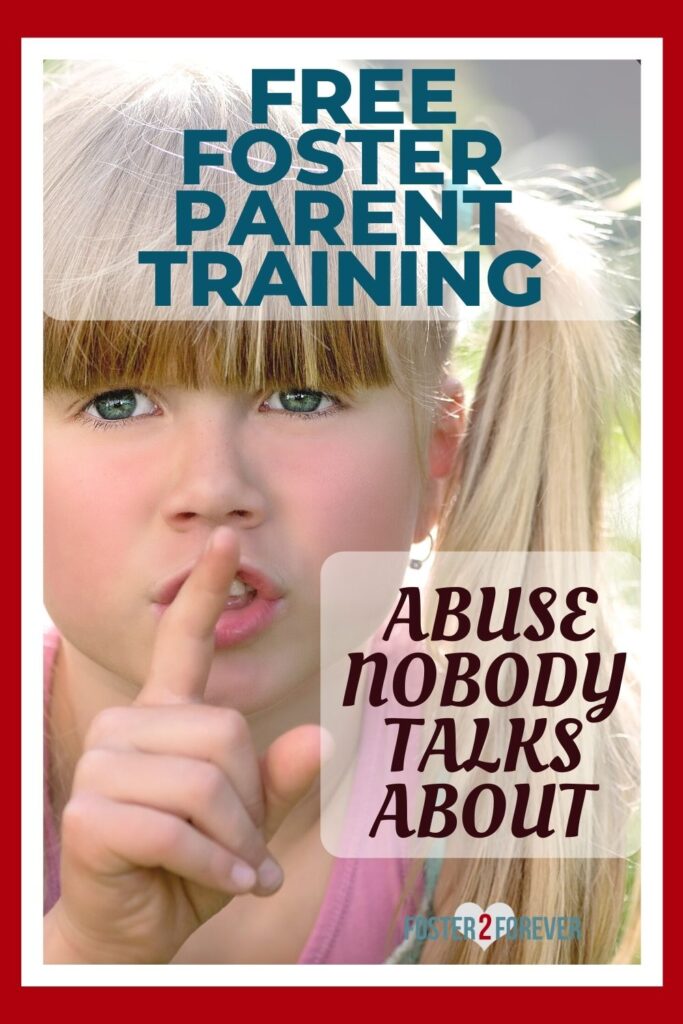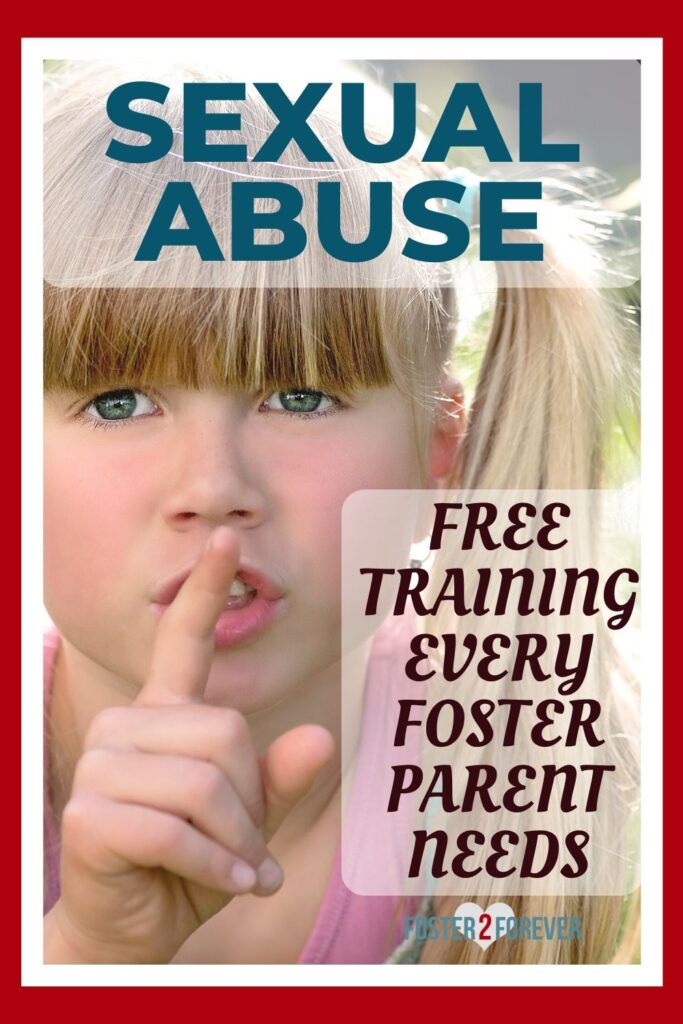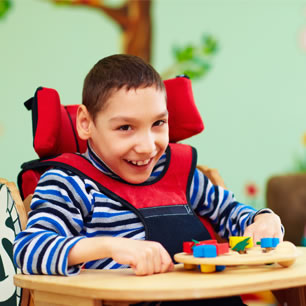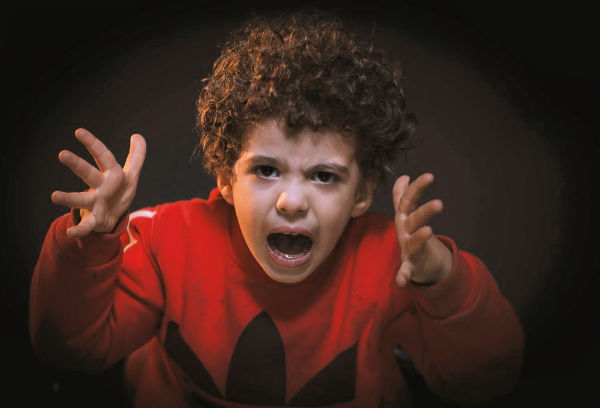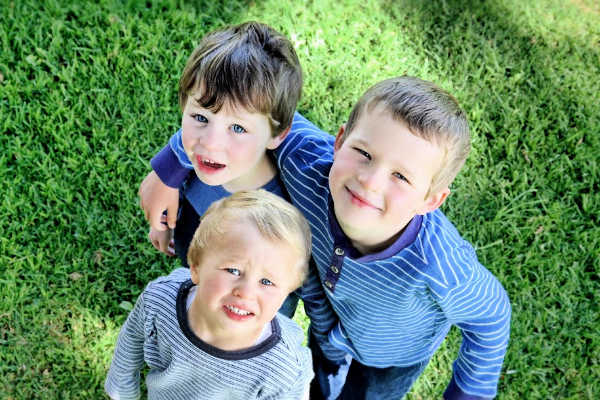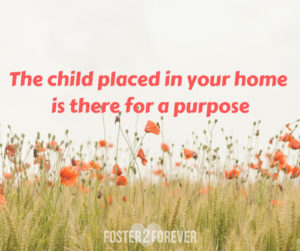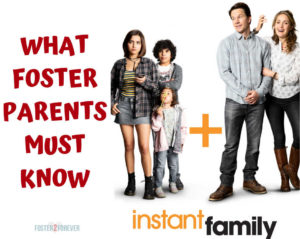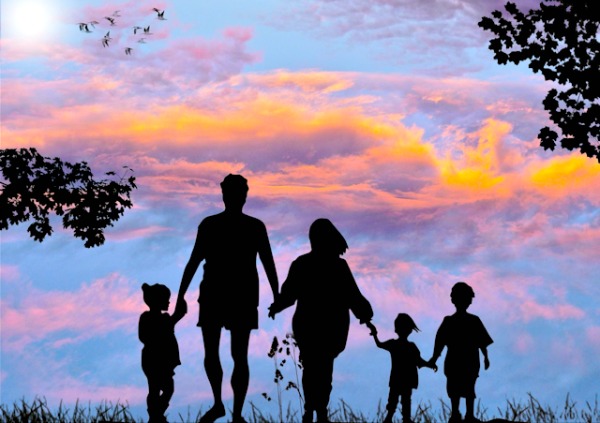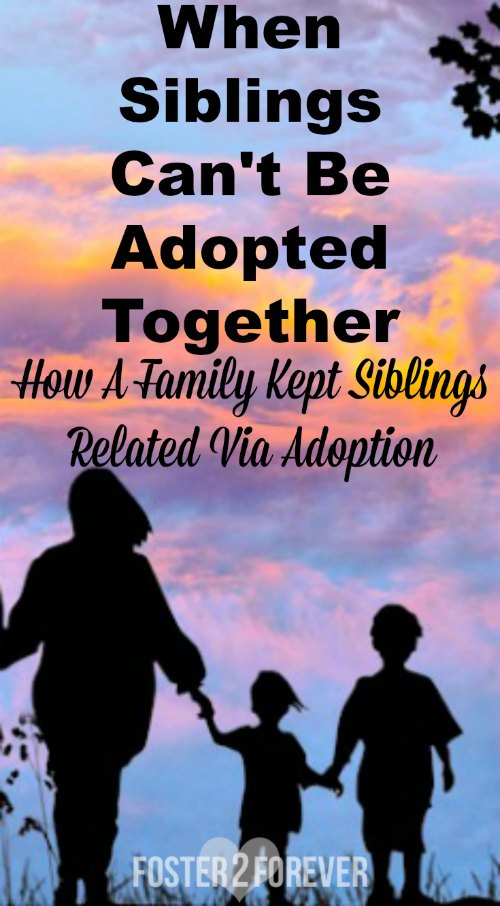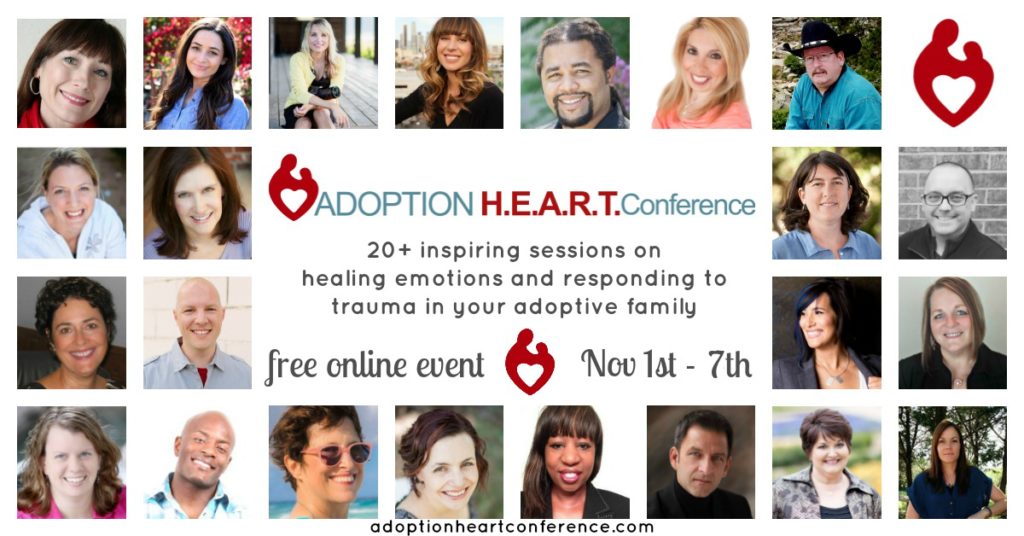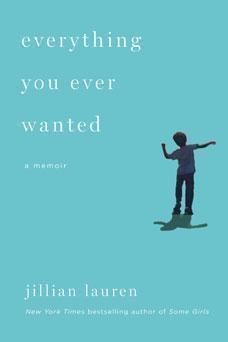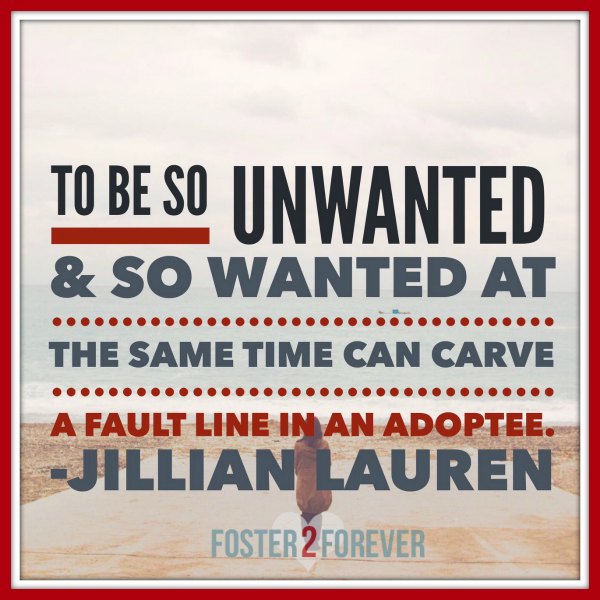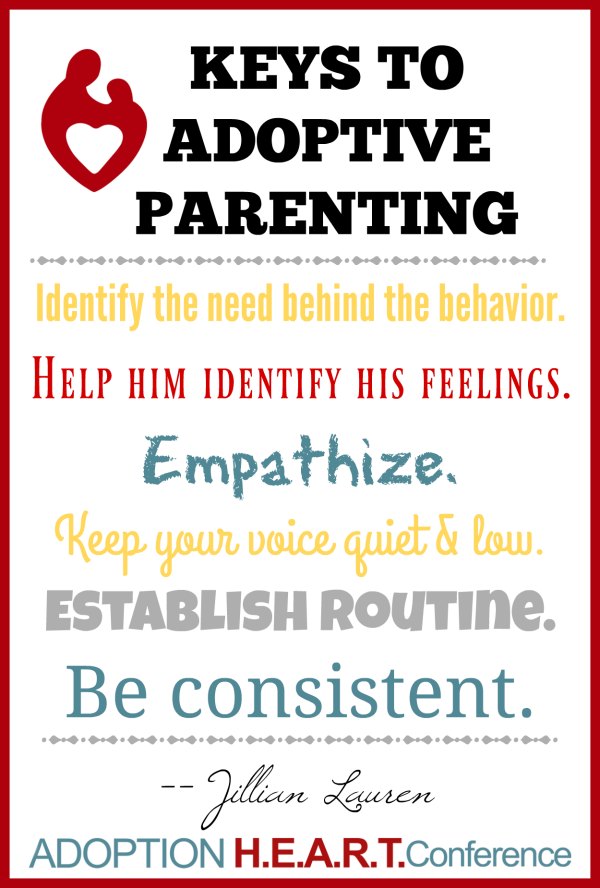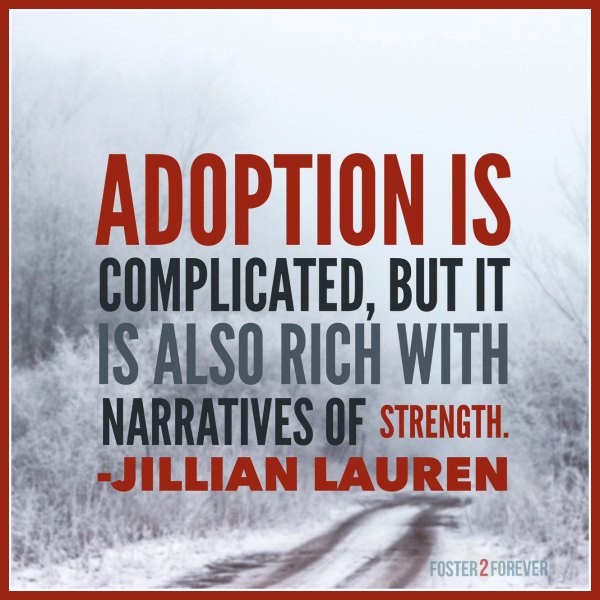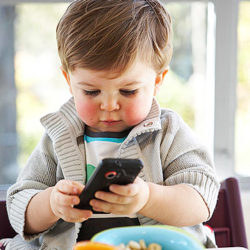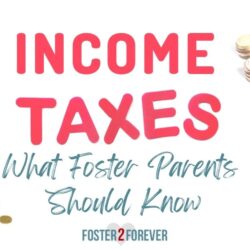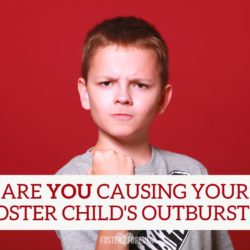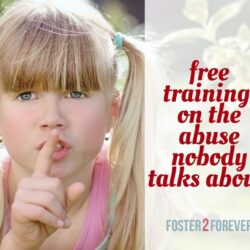Foster parents need sexual abuse training:
She was only 7 years old when Child Protective Services brought her to our foster home. As a matter of fact, CPS removed the child from her family due to hard drug use and violence in the home. CPS had no knowledge of sexual abuse.
However, I began noticing odd behaviors quickly after placement. The 7-year-old would defecate every time she took a bath. She would covertly brush her hand across the lap of any males in the home. She would search for the word “sex” on Netflix. At one point, she even patted my thigh in a manner that made me uncomfortable. AT 7 YEARS OLD!
It quickly became obvious to me that someone had sexually abused this 2nd grader.
Sexual abuse statistics
Sadly, foster parents discover that a child in care has been sexually abused. According to the US Department of Health & Human Services’ Child Maltreatment Survey, in 2016, child protective services removed over 57,000 children for sexual abuse. This number is much higher as these are only the known, reported cases.
Sexual abuse is especially rampant for children from backgrounds of neglect and other traumas. Especially, when parents are using illicit drugs. Given that, the lack of supervision and the associated transient lifestyle in drug culture puts children especially at risk for sexual abuse.
Along with that, another statistic states that children from single-parent homes are 20 times more likely to be sexually abused.
Sexual abuse training for foster parents
All foster parents need this foster care training on sexual abuse. That’s why I felt it was imperative that the Adoption HEART Conference included a session on sexual abuse training. Sexual abuse changes a child’s perceptions of themselves, plus affects their self value.
This sexual abuse training session covers various facets of sexual abuse and the sexualized child, including:
- what is normal sexual exploration,
- what triggers sexual behavior,
- how the fear response affects a child’s behavior, but mostly
- the importance of how an adult’s history affects the way they respond to the sexualized child.
Sign up for this free online training here.


